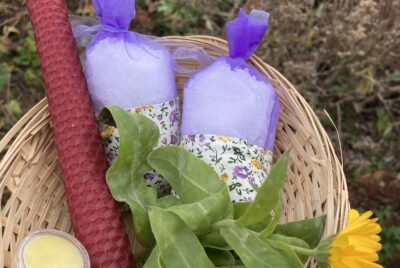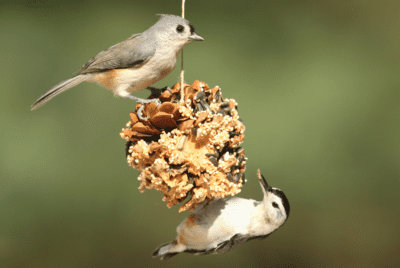RESEARCH
Bringing the Outdoors In: Designing a Mobile Sensory Garden for Children with Sensory Integration Disorders in Elementary Schools
Summary
This research project explored how to create a sensory garden on wheels for kids with sensory issues in elementary schools. The main idea was to bring elements of outdoor nature inside to help these children. The researcher designed and built a mobile sensory garden cart and then watched how kids at a school in Topeka, Kansas, used it. The goal was to see if this cart could help reduce the bad effects of sensory problems that make it hard for kids to handle things like social interactions, motor skills, and playing. The cart included things like plants, wood, and different textures to stimulate the senses.
The researcher found that the mobile sensory garden cart was helpful for the school and the children. The children were very interested in it, especially things like the zen garden, wood pieces, and plants. The cart could be easily copied and changed to fit what each child and school needed. By bringing nature indoors, the cart helped the children access the benefits of sensory gardens, like reduced stress and improved attention, even when they couldn’t go outside.







